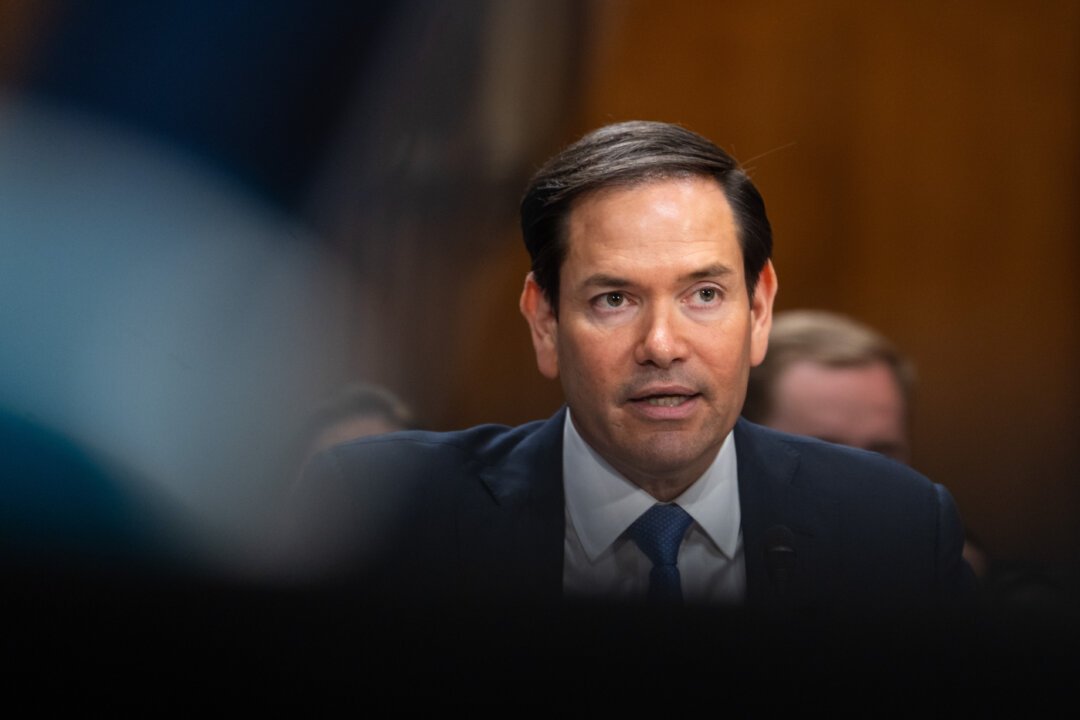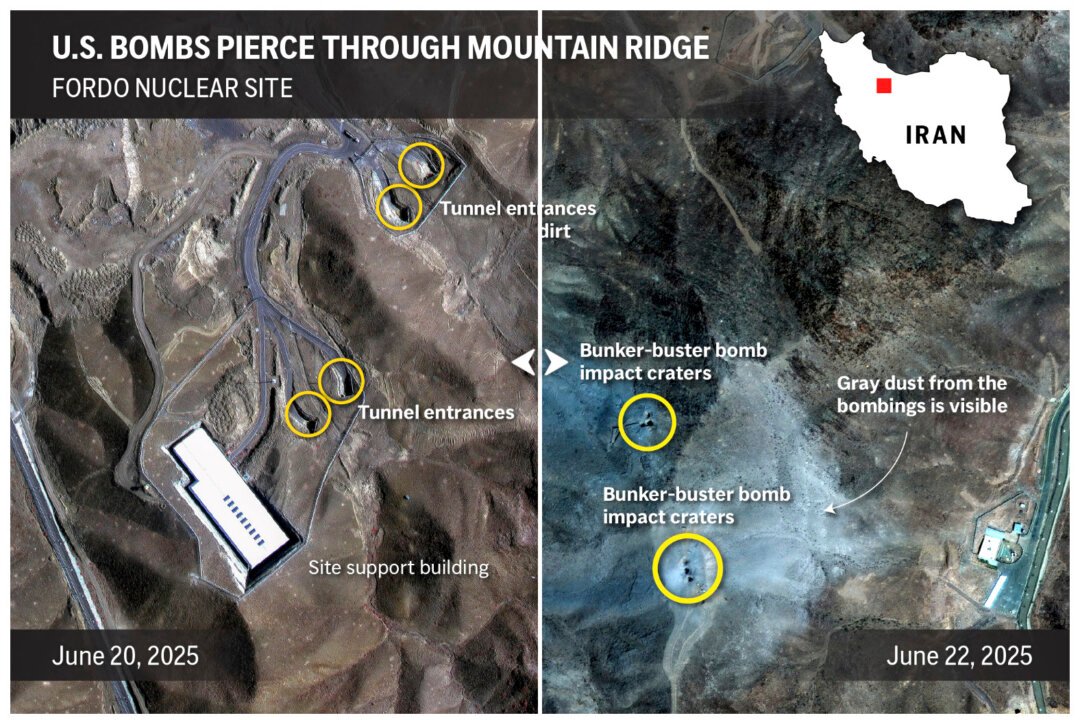
Tensions are rising in the international arena following Australia’s decision to sanction Israeli ministers Itamar Ben-Gvir and Bezalel Smotrich. This move, coordinated with Canada, New Zealand, Norway, and the UK, has drawn sharp criticism from U.S. Senator Marco Rubio, who voiced strong condemnation of the action.
Australia’s Foreign Minister, Penny Wong, justified the sanctions, citing alleged incitement of violence against Palestinians in the West Bank by Ben-Gvir and Smotrich. The statement highlighted the ministers’ stance on the West Bank as Israeli territory, claiming this position fuels “settler violence” resulting in Palestinian deaths, although specific examples were not provided.
This assertion directly clashes with the views of Ben-Gvir and Smotrich, who firmly believe the West Bank to be part of Israel. The differing perspectives on the territorial status of the West Bank lie at the heart of this escalating international conflict.
Rubio’s condemnation underscores the depth of the disagreement and highlights the complex geopolitical dynamics at play. The international community remains deeply divided on this issue, with the sanctions serving as a stark example of the ongoing tensions between various nations’ approaches to the Israeli-Palestinian conflict.
This situation is rapidly evolving and will undoubtedly continue to shape international relations in the coming weeks and months. The differing interpretations of events and the strong reactions from key players make this a crucial development to watch closely.

